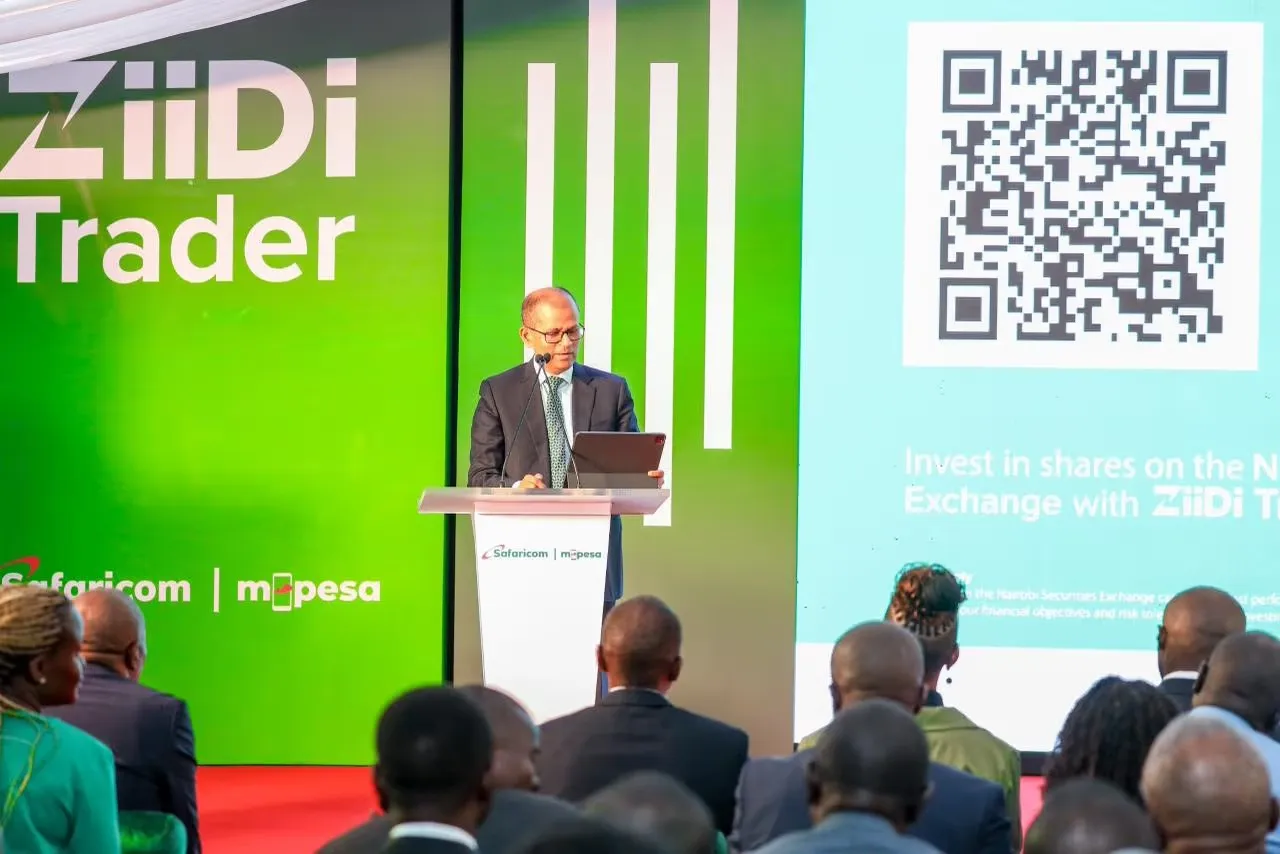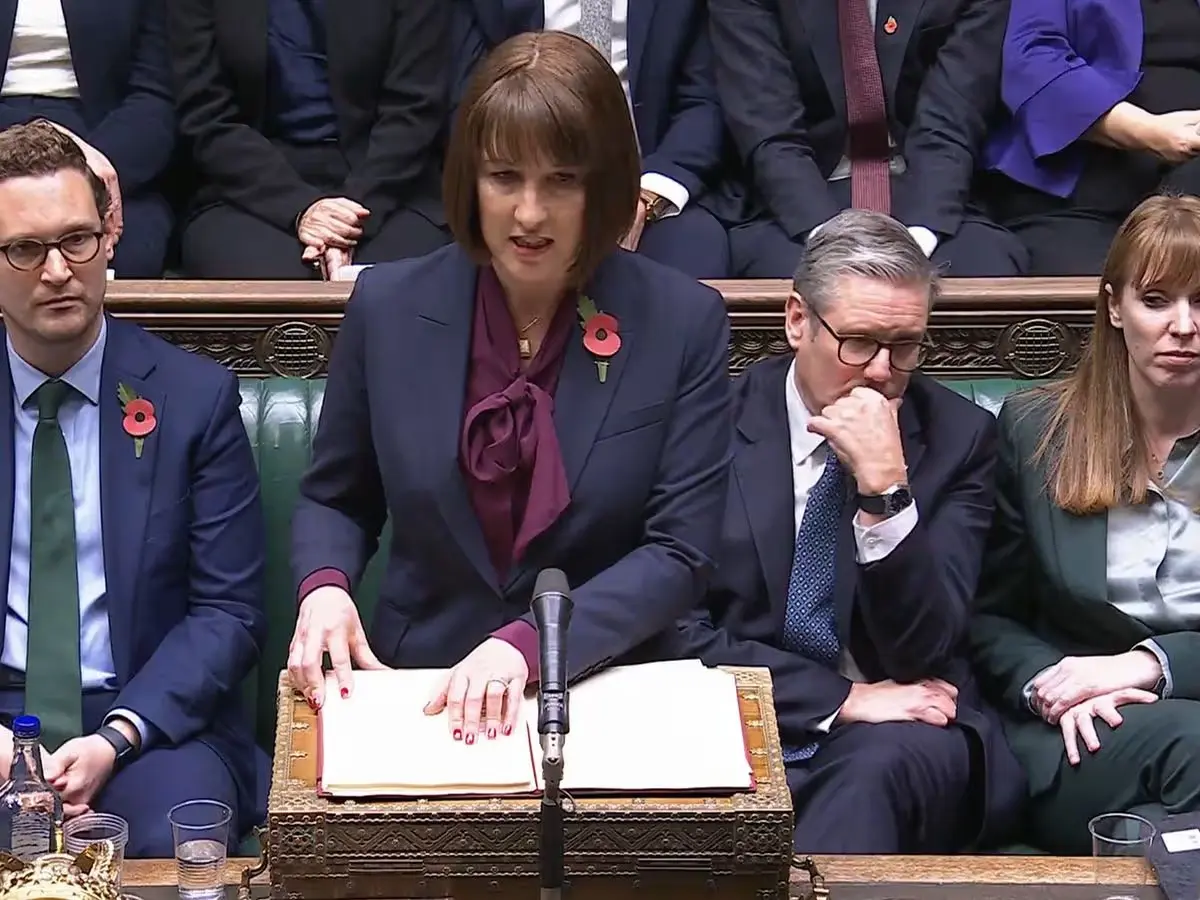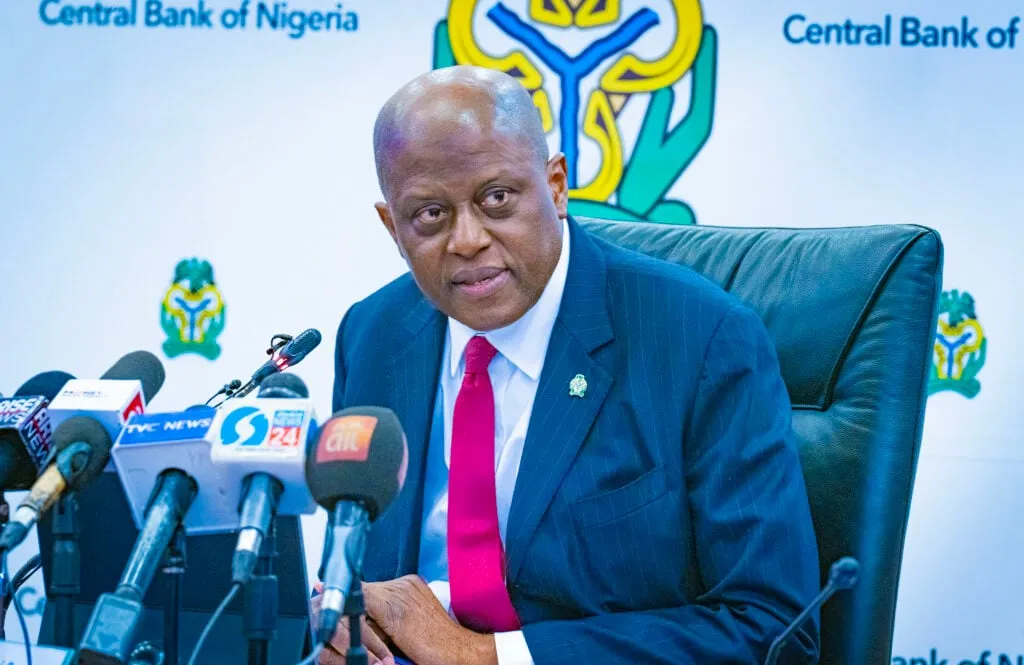In a powerful demonstration of international economic collaboration, the China-Brazil Economic and Trade Forum convened in São Paulo on March 28, 2025. The high-profile event brought together government officials, industry leaders, and business delegations from both countries, setting the stage for a new era of strengthened bilateral ties. Against a backdrop of evolving global trade dynamics and emerging challenges such as protectionism, climate change, and technological disruption, the forum underscored the enduring partnership between China and Brazil and the vital role both nations play in fostering global economic growth.
A Forum Forging Global Partnerships
Co-organized by the China Council for the Promotion of International Trade (CCPIT) and the Brazil-China Business Council, the forum attracted over 100 delegates representing trade agencies, chambers of commerce, and leading companies. Among the keynote speakers were Ren Hongbin, Chairman of CCPIT; Luiz Augusto de Castro Neves, President of the Brazil-China Business Council; and Yu Peng, Consul General of China in São Paulo. Their collective vision was clear: to deepen cooperation under strategic initiatives such as the Belt and Road Initiative (BRI) and support Brazil’s recent presidency of BRICS in 2024, while paving the way for a “Golden 50 Years” of robust bilateral trade and economic development.
Ren Hongbin delivered an impassioned address that resonated with the audience, urging both nations to explore fresh opportunities in industrial integration, supply chain resilience, and multilateral innovation. “Our longstanding partnership is evolving,” Hongbin remarked. “Today, we stand at the cusp of a new chapter—one that promises to unlock vast potential through collaborative ventures at forums like the China International Supply Chain Expo. This is more than trade; it’s about shared progress and mutual growth.” His words not only echoed the optimism of the forum but also reinforced China’s commitment to advancing economic collaboration under the expansive framework of the Belt and Road Initiative.
Strengthening Strategic Sectors
One of the central themes of the forum was the identification of key sectors that hold the promise of transforming bilateral trade. High-level discussions focused on a diverse range of areas—from agriculture and mining to high-value industries and integrated supply chains. In recent years, both China and Brazil have recognized that sustainable growth hinges on innovation and resilience in these sectors.
Agriculture and Food Processing
Agriculture has long been a cornerstone of Brazil’s economy and a field where both nations have much to gain from increased cooperation. Brazil, known as one of the world’s leading exporters of soybeans, coffee, and beef, presents a unique opportunity for Chinese companies seeking to diversify their sources of agricultural commodities. In turn, Brazil stands to benefit from China’s advanced technologies in food processing and supply chain management, which can enhance product quality and logistical efficiency.
At the forum, delegates signed on-site agreements worth over US$2 billion, much of which is earmarked for ventures in agriculture. These investments are expected to modernize Brazil’s agribusiness infrastructure, enhance sustainability practices, and improve the traceability of food products—initiatives that are critical in a global market increasingly driven by consumer demand for transparency and quality.
Mining and Infrastructure
Mining is another sector that has featured prominently in China-Brazil economic dialogues. Brazil’s vast mineral resources complement China’s manufacturing prowess, and both countries have expressed a commitment to developing sustainable mining practices. The forum highlighted opportunities for joint ventures in the mining sector, particularly in the extraction and processing of iron ore, copper, and other essential minerals.
China’s expertise in infrastructure development, coupled with Brazil’s resource-rich landscape, is expected to catalyze projects that improve transportation networks, reduce supply chain bottlenecks, and facilitate smoother trade flows. These infrastructure initiatives not only promise economic benefits but also contribute to long-term social development by connecting remote regions to major economic hubs.
Green Energy and Sustainable Development
In light of the global push for sustainable development, green energy was a recurring topic throughout the forum. Both China and Brazil are investing heavily in renewable energy projects. Brazil’s leadership in biofuels and its burgeoning solar and wind sectors offer ample opportunities for collaboration with China, which is a world leader in renewable energy technologies.
Delegates at the forum explored avenues for cooperation in green energy projects that can help both nations meet their climate targets and reduce carbon footprints. With the backdrop of increasing global environmental concerns, these partnerships are critical for fostering innovation in sustainable technologies, improving energy security, and supporting the transition to low-carbon economies.
Building Resilient Supply Chains
The forum underscored the importance of resilient supply chains in today’s interconnected global economy. In an era marked by unpredictable trade disruptions—from geopolitical tensions to pandemics—both China and Brazil are seeking to strengthen their supply chain infrastructures. One of the highlighted opportunities was participation in the China International Supply Chain Expo (CISCE), a platform that offers businesses the tools and networks necessary to enhance supply chain efficiency and innovation.
Through strategic dialogues, delegates discussed methods to leverage digital technologies, such as blockchain and artificial intelligence, to ensure transparency, reduce risks, and streamline logistics operations. The goal is to build integrated supply chains that can adapt swiftly to global challenges, ensuring that trade flows remain uninterrupted even in the face of external shocks.
High-Level Delegations and Strategic Talks
A standout feature of the forum was the presence of high-level delegations from both countries, which demonstrated a strong commitment to long-term strategic cooperation. Ren Hongbin led a delegation of over 40 Chinese companies from sectors including agriculture, food processing, finance, infrastructure, energy, telecommunications, and healthcare. These companies engaged in in-depth strategic talks with Brazilian government officials and business leaders, discussing potential partnerships and collaborative projects.
Brazilian Vice President Geraldo Alckmin played a key role in these discussions, emphasizing the complementary strengths of both nations. “China’s industrial might and technological innovation, combined with Brazil’s abundant natural resources and dynamic agricultural sector, create a unique synergy,” Alckmin said during a bilateral meeting. Such high-level exchanges are vital in ensuring that economic policies remain aligned and that trade agreements reflect the interests of both nations.
Historical Ties and Future Prospects
China and Brazil have a long history of economic and cultural exchange, dating back to the establishment of diplomatic relations in the 1970s. Over the decades, their partnership has grown to encompass a wide array of sectors, creating a multifaceted relationship that is more robust today than ever before. This historical context provides a solid foundation for current and future initiatives, as both nations look to capitalize on their shared interests and mutual benefits.
The Belt and Road Initiative and Beyond
A pivotal element in the forum’s agenda was the discussion of the Belt and Road Initiative (BRI), China’s ambitious global development strategy. Under the BRI, China aims to enhance regional connectivity and economic integration through investments in infrastructure, trade, and industrial cooperation. For Brazil, active participation in the BRI offers a gateway to deeper economic integration with Asia and other emerging markets, boosting trade and investment flows.
Delegates highlighted that under the BRI, there is an opportunity for Brazil to not only attract foreign investment but also to leverage Chinese expertise in infrastructure and technology. This could lead to improved transportation networks, enhanced logistics, and a more integrated economic environment that benefits both nations and the broader Global South.
Brazil’s BRICS Presidency and Global South Solidarity
Brazil’s recent presidency of BRICS in 2024 was another key topic at the forum. This leadership role in one of the world’s most influential economic blocs signals Brazil’s rising stature on the global stage. It also reinforces the commitment to forging a more equitable and inclusive global economic order—one that prioritizes the interests of developing nations.
Chinese officials reiterated their support for Brazil’s BRICS presidency and the mutual goal of a “Golden 50 Years” of cooperation among Global South nations. This vision of solidarity and long-term partnership extends beyond mere economic transactions; it is about building a community of nations that work together to overcome common challenges such as poverty, inequality, and climate change.
Humanizing the Diplomatic Engagement
Behind the formal agreements and high-level speeches, the forum was marked by moments of genuine human connection and cultural exchange. Delegates from both sides took time to tour local companies, engage in informal discussions, and share personal stories of their experiences in cross-cultural business environments. These interactions have helped to humanize the diplomatic process, creating bonds that go beyond mere business transactions.
One memorable moment came during a roundtable discussion on sustainable development, where a young entrepreneur from São Paulo expressed his optimism about the future of Brazil-China relations. “This forum is more than a meeting of minds—it’s a meeting of hearts. We see a future where our collaboration will not only transform industries but also uplift communities,” he said. Such personal testimonies remind us that behind every economic policy and trade agreement, there are real people whose lives will be touched by these initiatives.
Addressing Global Challenges Together
The forum did not shy away from discussing the global challenges that both nations face. In today’s rapidly changing geopolitical landscape, rising protectionism, climate change, and technological disruptions are common concerns. By addressing these issues head-on, the forum emphasized the importance of multilateral cooperation and shared responsibility.
Tackling Protectionism and Trade Barriers
In recent years, global trade has been fraught with tensions and protectionist measures. Both China and Brazil have experienced the effects of these policies, which can disrupt supply chains and hinder economic growth. During the forum, delegates discussed strategies to counter these trends by fostering a more open and collaborative trading environment. By promoting bilateral trade agreements and regional partnerships, China and Brazil aim to create a model for how nations can work together to overcome protectionist barriers and ensure that the benefits of global trade are widely shared.
Collaborative Efforts on Climate Change
Climate change remains one of the most pressing issues of our time, and both China and Brazil have a critical role to play in mitigating its impacts. Brazil’s vast natural resources and rich biodiversity, coupled with China’s technological advancements in renewable energy, create a powerful combination for addressing environmental challenges. Delegates at the forum explored joint initiatives to reduce carbon emissions, invest in green technologies, and promote sustainable agriculture and forestry practices.
By aligning their environmental policies and collaborating on research and development, both nations hope to set a precedent for how large economies can transition towards a greener, more sustainable future. The forum’s discussions on climate action were imbued with a sense of urgency and purpose, reflecting the global consensus that protecting the planet requires collective effort and long-term commitment.
Looking Ahead: A Blueprint for Future Cooperation
The China-Brazil Economic and Trade Forum in São Paulo represents a landmark moment in the evolution of bilateral ties between the two nations. The agreements signed, the strategic dialogues held, and the human connections forged during the event have laid a strong foundation for future cooperation. As both China and Brazil continue to navigate the complexities of the global economy, their partnership will be instrumental in driving innovation, sustainability, and inclusive growth.
New Initiatives on the Horizon
In the coming months, both governments are expected to announce a series of joint initiatives aimed at further deepening economic ties. These initiatives may include expanded trade agreements, increased investment in renewable energy and infrastructure, and collaborative projects in digital technology and advanced manufacturing. Such initiatives are not only expected to boost bilateral trade but also to contribute to the broader objectives of regional integration and global economic stability.
The Role of Business and Civil Society
While government-to-government engagement forms the backbone of bilateral relations, the active participation of the private sector and civil society is equally important. The forum highlighted the crucial role of business leaders, entrepreneurs, and community organizations in driving sustainable development. By working together, these stakeholders can ensure that economic growth translates into tangible benefits for ordinary citizens—creating jobs, reducing inequality, and enhancing quality of life.
A growing number of initiatives are already underway that aim to bridge the gap between policy and practice. Collaborative platforms, business councils, and cross-border innovation hubs are emerging as key instruments in translating strategic visions into actionable projects. These grassroots efforts are essential for building trust and ensuring that the benefits of enhanced trade relations are felt at every level of society.
Conclusion: A New Dawn for China-Brazil Relations
The China-Brazil Economic and Trade Forum in São Paulo has set a promising trajectory for future collaboration between two of the world’s most dynamic economies. With high-level delegations, strategic dialogues, and a shared commitment to sustainable growth, the forum has reenergized the longstanding partnership between China and Brazil. The agreements reached—spanning agriculture, mining, green energy, and integrated supply chains—underscore the multifaceted nature of this cooperation and highlight the enormous potential that lies ahead.
At its core, the forum was a celebration of partnership—a partnership built on decades of mutual trust, shared vision, and the determination to overcome global challenges through cooperation. In a world where economic and environmental uncertainties are increasingly prevalent, the strong bilateral ties between China and Brazil offer a beacon of hope. They remind us that when nations work together, they can not only achieve economic prosperity but also build a more inclusive, resilient, and sustainable future.
As both countries look to the future with optimism, the promise of a “Golden 50 Years” of collaboration appears within reach. The successful outcomes of the forum—marked by on-site agreements worth over US$2 billion and numerous strategic partnerships—are a testament to what can be achieved when diverse stakeholders unite under a common goal. This new chapter in China-Brazil relations is poised to reshape regional dynamics and contribute to a more balanced and interconnected global economy.
In the words of one delegate, “This forum is not just about economic statistics and trade figures—it’s about building bridges that connect our nations, our industries, and our people. It’s about paving the way for future generations to thrive in a world of shared prosperity and sustainable progress.” Such sentiments capture the essence of the event and underscore the profound human dimension that lies at the heart of international cooperation.
As the China-Brazil Economic and Trade Forum concludes, both nations stand ready to transform opportunities into tangible outcomes—driving innovation, empowering communities, and setting a global benchmark for collaborative success. The road ahead may be complex, but with the spirit of partnership and a steadfast commitment to common goals, the future looks brighter than ever for China and Brazil.
Ultimately, the forum’s legacy will be measured not only by the agreements signed or the investments made but by the enduring impact on the lives of millions of people across both nations. As China and Brazil embark on this exciting journey together, the world watches with anticipation, inspired by a vision of global trade and cooperation that transcends borders and fosters a more interconnected, resilient, and prosperous future for all.
Ready to take your career to the next level? Join our dynamic courses: ACCA, HESI A2, ATI TEAS 7 , HESI EXIT , NCLEX – RN and NCLEX – PN, Financial Literacy!🌟 Dive into a world of opportunities and empower yourself for success. Explore more at Serrari Ed and start your exciting journey today! ✨
photo source: Google
By: Montel Kamau
Serrari Financial Analyst
2nd April, 2025
Article, Financial and News Disclaimer
The Value of a Financial Advisor
While this article offers valuable insights, it is essential to recognize that personal finance can be highly complex and unique to each individual. A financial advisor provides professional expertise and personalized guidance to help you make well-informed decisions tailored to your specific circumstances and goals.
Beyond offering knowledge, a financial advisor serves as a trusted partner to help you stay disciplined, avoid common pitfalls, and remain focused on your long-term objectives. Their perspective and experience can complement your own efforts, enhancing your financial well-being and ensuring a more confident approach to managing your finances.
Disclaimer: This article is for informational purposes only and does not constitute financial advice. Readers are encouraged to consult a licensed financial advisor to obtain guidance specific to their financial situation.
Article and News Disclaimer
The information provided on www.serrarigroup.com is for general informational purposes only. While we strive to keep the information up to date and accurate, we make no representations or warranties of any kind, express or implied, about the completeness, accuracy, reliability, suitability, or availability with respect to the website or the information, products, services, or related graphics contained on the website for any purpose. Any reliance you place on such information is therefore strictly at your own risk.
www.serrarigroup.com is not responsible for any errors or omissions, or for the results obtained from the use of this information. All information on the website is provided on an as-is basis, with no guarantee of completeness, accuracy, timeliness, or of the results obtained from the use of this information, and without warranty of any kind, express or implied, including but not limited to warranties of performance, merchantability, and fitness for a particular purpose.
In no event will www.serrarigroup.com be liable to you or anyone else for any decision made or action taken in reliance on the information provided on the website or for any consequential, special, or similar damages, even if advised of the possibility of such damages.
The articles, news, and information presented on www.serrarigroup.com reflect the opinions of the respective authors and contributors and do not necessarily represent the views of the website or its management. Any views or opinions expressed are solely those of the individual authors and do not represent the website's views or opinions as a whole.
The content on www.serrarigroup.com may include links to external websites, which are provided for convenience and informational purposes only. We have no control over the nature, content, and availability of those sites. The inclusion of any links does not necessarily imply a recommendation or endorsement of the views expressed within them.
Every effort is made to keep the website up and running smoothly. However, www.serrarigroup.com takes no responsibility for, and will not be liable for, the website being temporarily unavailable due to technical issues beyond our control.
Please note that laws, regulations, and information can change rapidly, and we advise you to conduct further research and seek professional advice when necessary.
By using www.serrarigroup.com, you agree to this disclaimer and its terms. If you do not agree with this disclaimer, please do not use the website.
www.serrarigroup.com, reserves the right to update, modify, or remove any part of this disclaimer without prior notice. It is your responsibility to review this disclaimer periodically for changes.
Serrari Group 2025
















